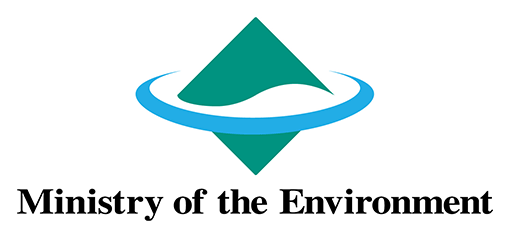Documented declines in insect populations and the resulting ecological effects exemplify the environmental and societal challenges that tropical countries face from habitat degradation and the loss of associated biodiversity and ecosystem services.
Over the past 15 years, the project team has been documenting the consequences of land-use changes in Southeast Asia on biodiversity, particularly insects. Dung beetles (Scarabaeidae) are an important tool in such studies, as both bioindicators of habitat disturbance and surrogates indicating the abundance of less easily monitored mammals on whose waste they rely. Dung beetles also play an important role in healthy, functioning of ecosystems, where the services they provide include soil improvement, nutrient cycling, seed dispersal, reduction of greenhouse gas emissions, and control of human and livestock parasites.
Despite their ecological and scientific value, the dung beetles of Southeast Asia are poorly represented in GBIF-mediated data. To increase knowledge about this important insect family, the project team will mobilize georeferenced occurrence records from research papers and collection specimens and generate reference DNA barcode sequences for species. Making this data freely and openly accessible will enable stakeholders in the region to train others to identify the beetles and encourage wider use of dung beetles as bioindicators, both in academic research and through citizen science.
Project progress
The project began with a team member attending and completing the Data mobilization workshop and course and thereafter, receiving their certification of an advanced badge.
The project team held several events during project implementation. These events have included meeting with four of its collaborators to present more about GBIF and the project, in addition to discussing how their collections could be integrated into the project, as well as organizing two talks with presentations to share knowledge of GBIF and the project. See all events here.
At final reporting the project published to GBIF four datasets; one checklist, one occurrence, one sampling-event and one resource metadata dataset.
The project has started to fill a large data and knowledge gap for the dung beetles of the region and has helped forge stronger collaborations between those working on them. Project progress has since the start of the project been communicated by the team through posts on Twitter as well as via the Tropical Ecology and Entomology Lab website.
Despite the COVID-19 pandemic the project achieved most of its goals and was able to visit most of its partners. It did, however, encounter some data publishing challenges and delays. Post project the team envisage continuing work towards completing the project deliverables, including the data publishing activities.
Post project progress
The following publication related to this project has been published:



